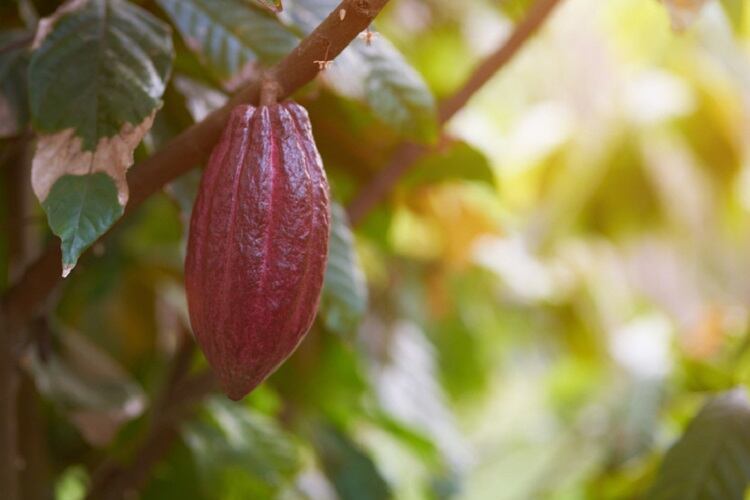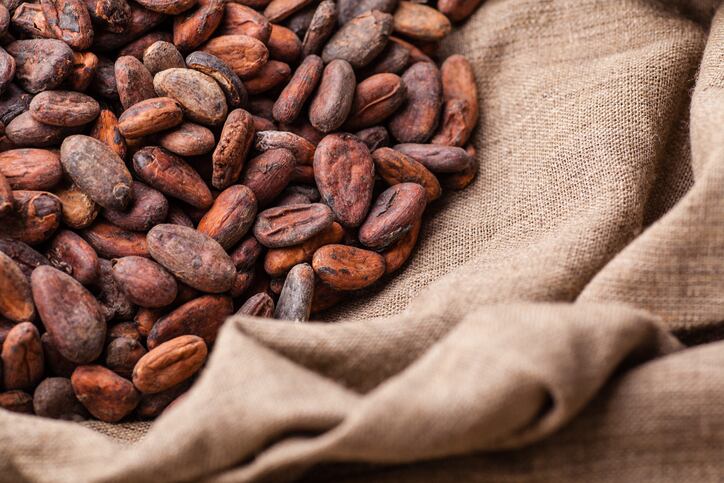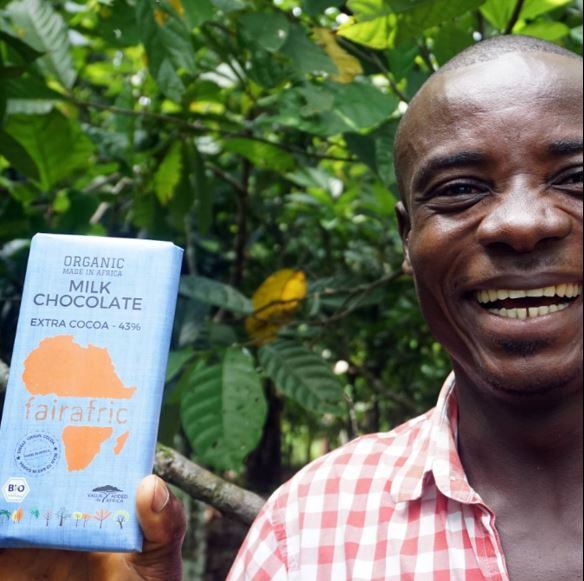In a national 10-part Action Plant for cocoa, published 23 January 2019, the German Federal Ministry of Food and Agriculture (BMEL) called for “binding regulations” for sustainably produced cocoa.
Set on either a voluntary or statutory basis, a single, EU-wide standard for sustainably produced cocoa would influence trade and production standards across in the cocoa industry, a BMEL spokesperson told FoodNavigator.
Indeed, a European Committee for Standardisation (CEN) and International Organisation for Standardisation (ISO) standard for sustainable and traceable cocoa is in the pipeline.
Once the standard has been established, and implemented, “Germany strives to enact a law in which this standard forms the basis for sustainably produced cocoa; i.e. only cocoa that complies with this standard can be termed sustainable.”
What is of particular importance is that regulation be implemented across all of Europe, the spokesperson continued. “Germany will therefore introduce this approach at EU-Level.”
Focus: deforestation
Germany is not the only European country to have appealed to the European Commission regarding the sustainable production of cocoa.
In December 2018, Belgium – the second biggest exporter of cocoa after Germany – called on the Commission to propose a due diligence regulation for the cocoa sector covering human rights violations and deforestation.
The recommendation is part of a larger public-private strategy in Belgium to provide a fair income to cocoa producers and to stop deforestation driven by cocoa production by 2030.
Denmark, France, Germany, the UK, the Netherlands and Italy have similarly sought deforestation guidance at EU level, and the Commission appears to have been listening.
On 14 January 2019, the EU launched a public consultation titled ‘Deforestation and forest degradation – stepping up EU action’, which is open for comment until 25 February 2019. In the document, the Commission acknowledges the drivers of deforestation are multiple and complex, and depend on specific regional and national contexts.
“An FAO report (2016) showed how agricultural expansion for the production of commodities (eg. soy, beef, palm oil, coffee, cocoa) drives about 80% of all deforestation specifically in tropical countries.
“The EU is indeed among the major global importers of a number of specific commodities associated with deforestation,” the Commission continued, highlighting that 80% of the world’s cocoa imports are sent to the EU.
NGO insight
Non-government organisation Fern, which advocates for forest protection, said Germany’s pro-regulation stance puts additional pressure on the Commission to end the EU’s complicity in environmental and ethical concerns surrounding unsustainable cocoa production.
Now, “Germany, France and Belgium have…joined major chocolate companies in calling for legally-binding measures, after almost two decades of failed voluntary action in the cocoa sector,” said Fern forests campaigner Julia Christian.
However, the NGO is disappointed the Commission has not included regulatory options in its open consultation. “It is hard to imagine how a restatement of existing initiatives, as recent communications from the Commission seem to suggest, amount to ‘stepping up action’, nor how this would contribute in any meaningful way to the EU’s target to halve global deforestation by next year (2020)-- which is looking less and less likely to be met,” she continued.





